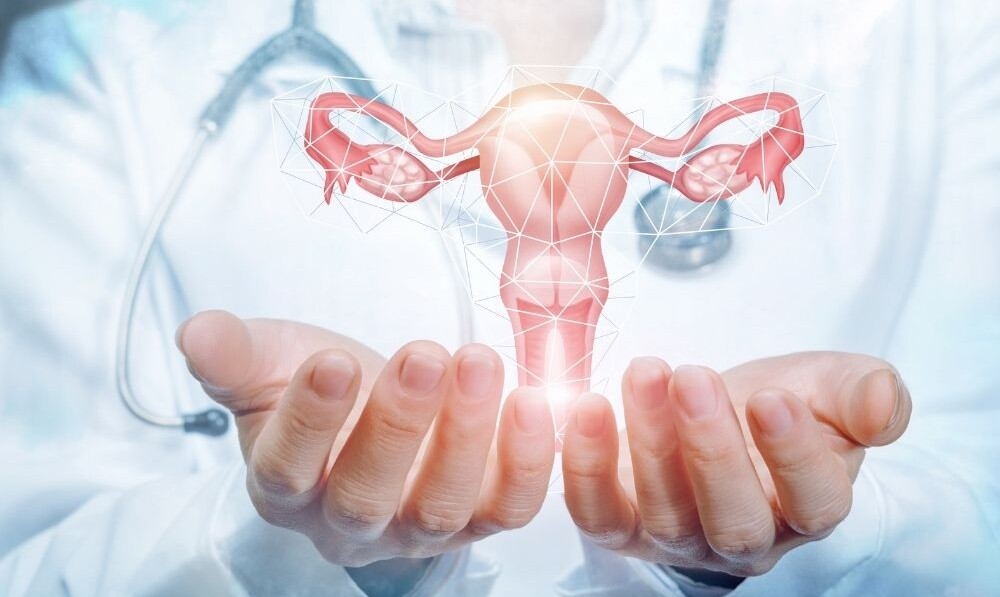Calls for Ukraine
Calls for Europe
Calls for USA

Fourteen years after the first successful uterus transplant, a new study by an American team of scientists has confirmed the effectiveness of the procedure. Although the operation has a relatively high success rate and allows the birth of healthy babies, it carries significant surgical risks for both recipients and donors.
After the first uterus transplant, 70 healthy babies have already been born.
Uterus transplantation has evolved from an experimental procedure to part of standard medical care, and experienced practitioners are achieving better results over time. However, questions remain about the safety of the procedure for the mothers who receive a uterus transplant, their babies, and donors. A recent study by the Simmons Transplant Institute at Baylor University Medical Center in Dallas, Texas, involving 20 women who have undergone uterus transplants helps shed light on this issue.
The first successful uterus transplant surgery was performed in 2012 by Mats Brännström, professor of obstetrics and gynecology at Gothenburg University Hospital in Sweden, and his team. The procedure is particularly relevant for women born without a uterus, such as those with Mayer-Rokitansky-Küster-Hauser syndrome, a condition that affects one in 4,500 women.
Around 100 uterus transplants have been performed worldwide, resulting in the birth of at least 70 healthy babies. In France, three such transplants, all involving living donors, have been performed by Prof. Jean-Marc Ayoubi’s team at the Foch Hospital in Soresnes, France.
The recent clinical trial, the data of which were published in the journal JAMA, involved 20 women with absolute uterine infertility who underwent uterine transplants: 18 from living donors and 2 from deceased donors. Although all transplants were initially successful and 14 women gave birth to at least one healthy baby, complications often occurred.
In fact, 11 out of 20 recipients experienced at least one complication. Among those who successfully carried the pregnancy to term, 50% experienced problems including gestational hypertension, cervical insufficiency (premature opening of the cervix in the absence of labor) and two cases of preterm labor.
According to Prof. Vincent Lavoué, an expert in obstetrics and gynecology from the University Hospital of Rennes (France), “These findings are consistent with those of other research groups, particularly from Sweden. We have long known that such pregnancies are associated with high risk, but this is the first study to report cervical insufficiency as a complication.”
There were no congenital malformations among the 16 babies born alive.
Complications did not occur only in recipients. Four of the 18 living donors developed significant complications (grade 3). Two cases were related to laparotomy – vaginal vault dehiscence and faecal impaction, and the other two were related to robot-assisted procedures – ureteral obstruction and bilateral ureteral thermal injury. Fortunately, after four years of follow-up, no long-term clinical consequences were observed in any of the donors.
However, Lavoué expressed concern about the risks to donors, noting, “This rate of complications among donors raises serious ethical questions about the acceptability of living organ donation. The future is likely to be in using organs from deceased donors, not only to avoid these complications but also to meet the growing demand for transplantation.”
As more specialists refine their uterine transplant techniques, the overall success rate is expected to increase. While a recent study by an American group had a 70% success rate, a praiseworthy achievement, Brännström’s group from Sweden achieved a 90% success rate, emphasizing the importance of experience and learning dynamics.
Lavoué has secured funding for 16 uterus transplants at the University Hospital of Rennes and patient recruitment has already begun. Deceased donors are sought from areas surrounding the hospital, ensuring optimal conditions for the procedure. Starting in 2025, his team will collaborate with the French Biomedicine Agency to further develop transplantation techniques using living donors.
Vincent Lavoué announced support for transportation and living expenses from MERCK SERONO and another benefit from Smith & Nephew SAS.
Please rate the work of MedTour
